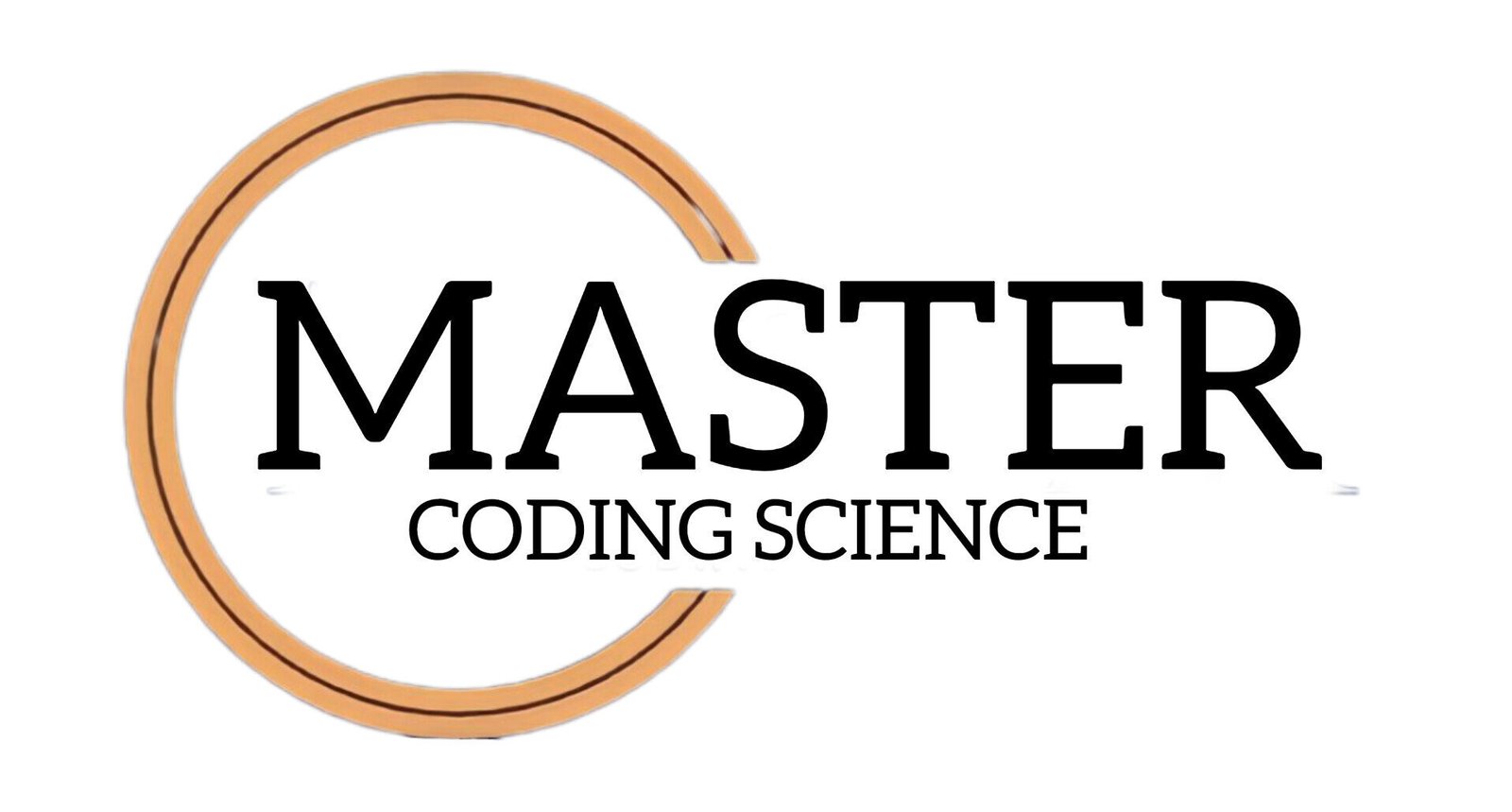Introduction:
PHP, which stands for Hypertext Preprocessor, is a widely-used server-side scripting language that has played a pivotal role in shaping the landscape of web development. Born out of Rasmus Lerdorf’s quest to enhance his online resume in 1994, PHP has evolved into a versatile programming language embraced by developers worldwide. In this comprehensive exploration, we will demystify PHP, shedding light on its nature, applications, and significance in modern web development.
Understanding PHP:
Server-Side Scripting at its Core:
PHP is fundamentally a server-side scripting language, meaning it executes on the web server rather than the client’s browser. This characteristic allows PHP to generate dynamic content, process data, and interact with databases before delivering the final output to the user’s browser. The server-side nature of PHP contributes to enhanced security and a seamless user experience.
Dynamic Content Generation:
A primary strength of PHP lies in its ability to generate dynamic content. By embedding PHP code within HTML, developers can create pages that adapt to user inputs, interact with databases to fetch real-time information, and dynamically modify the page content. This dynamic nature is instrumental in crafting interactive and data-driven web applications.
Open-Source and Widely Compatible:
PHP’s open-source nature has fueled its popularity and contributed to a robust community. It is compatible with various operating systems, including Windows, macOS, Linux, and can seamlessly integrate with databases like MySQL. This versatility has made PHP a preferred choice for developing a wide array of web applications, from small websites to large-scale enterprise systems.
PHP in Action: A “Hello World” Scenario:
To understand PHP in action, let’s explore the quintessential “Hello World” program. In PHP, this is a simple yet foundational script that introduces the basics of the language.
<?php
// PHP code goes here
echo "Hello, World!";
?>Breaking it down, the <?php and ?> tags encapsulate the PHP code block. Inside, the echo statement is employed to output the classic greeting, “Hello, World!” to the user’s browser. This minimalistic example showcases the straightforward syntax and power of PHP in generating content dynamically.
PHP’s Role in Web Development:
Server-Side Processing:
PHP is instrumental in server-side processing, handling tasks such as form submissions, authentication, and interacting with databases. This ensures that sensitive operations are performed on the server, safeguarding data integrity and user security.
Database Interaction:
PHP seamlessly integrates with databases, with MySQL being a popular choice. Developers can execute SQL queries, fetch and manipulate data, and dynamically generate content based on database interactions, making PHP a robust tool for creating dynamic and data-driven websites.
Web Application Development:
From content management systems like WordPress to custom web applications, PHP plays a crucial role in web development. Its flexibility, extensive library support, and community-driven frameworks like Laravel make it a go-to language for building a variety of web solutions.
PHP’s Future and Continuous Evolution:
As technology evolves, PHP continues to adapt and expand its capabilities. The release of PHP 7 introduced significant performance improvements and new features, showcasing the commitment of the PHP community to keeping the language modern and competitive. With ongoing development and community engagement, PHP remains a relevant and powerful tool for web developers.
Conclusion:
In conclusion, PHP stands as a dynamic and versatile scripting language that forms the backbone of countless websites and web applications. Its server-side nature, compatibility with databases, and open-source ethos have propelled it to the forefront of web development. As you embark on your journey with PHP, explore its myriad applications, contribute to the vibrant community, and witness the transformative impact it can have on creating dynamic and engaging online experiences. Happy coding!


voluptates sint ad aliquid nulla laudantium qui vitae odio laborum et porro ut voluptatem. laborum vel doloribus provident quia impedit corporis sunt ad ipsum commodi accusamus rem vitae iure. quia te
consequuntur est inventore quia dignissimos totam eos laboriosam necessitatibus ad rerum laudantium laudantium nihil. vitae temporibus ab maxime aut voluptas accusantium facere dolor inventore rem ull